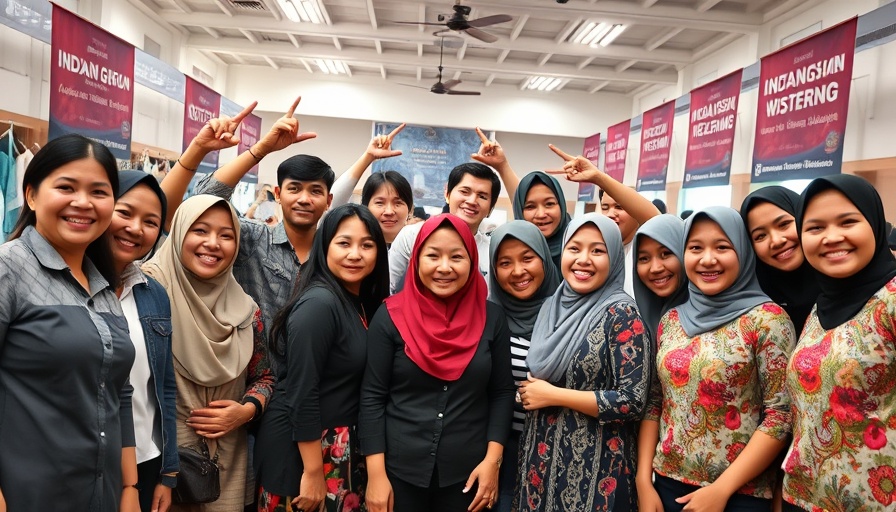
The Silence of Business Leaders: Fact or Fiction?
In today’s fast-paced political climate, it’s easy to assume that business executives are keeping their heads down, fearing backlash for speaking up on contentious issues. The notion of the "silent executive" has been widely circulated, suggesting that leaders are staying mute on critical policy changes because they want to avoid angering the government or their customers.
However, recent discussions led by coalitions such as Leadership Now Project reveal a more dynamic narrative. While many executives express concern over the current political atmosphere and its impact on their operations, they are also showing a readiness to engage and advocate for their businesses. According to a Harris Poll conducted for Leadership Now, a significant percentage of business leaders, about 80%, indicated they are concerned about how U.S. policies impact their companies.
Voices Against Tariffs and Regulations
Take, for instance, the footwear industry, which is experiencing unprecedented upheavals due to escalating trade wars and tariffs. Tom Florsheim, CEO of Weyco Group, articulated the anxiety many businesses feel regarding the unpredictability of trade policies: "The trade wars, particularly with China, have severely disrupted our supply chain and made planning inventory and pricing impossible." His statement points to a growing realization that silence may not be the best strategy; instead, expressing concerns can lead to beneficial changes. In many cases, vocal opposition has successfully delayed harmful tariffs, showcasing the power of industry coalitions to influence policy.
Embracing Corporate Sustainability Amidst Challenges
For boutique hospitality professionals and small business owners, this dialogue around corporate activism is particularly relevant. As many of these entrepreneurs aim to implement eco-friendly practices, from off-grid solar installations to urban farming initiatives, advocating for policy changes that support sustainability becomes crucial. They face their own set of regulations and challenges, but by combining forces and voicing their needs, they can align their sustainability goals with broader political discussions.
Future Insights: Opportunities for Collaboration
The way forward for businesses, whether they’re eco-conscious guesthouses or urban lodges, is to foster collaboration. Engaging with local governments and regulating bodies helps create a supportive environment for sustainable practices. By sharing their experiences and pushing for policies that reduce fossil fuels, promote paper wrappers, and invest in wildfire detection systems, boutique hospitality professionals can create a solid front that encourages dialogue and progresses towards greener business operations.
Engaging Customers: The Human Side of Business Advocacy
As crucial as it is for CEOs to speak out against unfavorable policies, it’s equally important for them to connect with their customers. By articulating the impacts of these policies on their operations and the ultimate guest experience, business leaders can foster a deeper understanding among patrons regarding sustainability initiatives. Engaging clientele in this evolving landscape demonstrates that these aren’t just abstract policies but decisions that play a significant role in their service offerings.
What Can You Do?
The narrative of the silent executive is changing as businesses recognize the need to advocate for themselves and their industries. For boutique entrepreneurs, it’s essential to be seen and heard. Joining local business associations and coalitions—much like Leadership Now—can amplify your voice. Speak up, share your story, and engage in conversations around sustainability and policies that impact your business and customers. The more united the voice, the stronger the impact.
As we move towards a world increasingly focused on sustainability goals and eco-conscious practices, it has never been more important for business leaders to actively participate in the conversation. Whether it’s through adopting solar-powered technology or exploring new packaging solutions, these steps are integral not just for the business’s survival but for the broader goal of creating a sustainable future. Embrace the opportunity now to push back against silence and pave the way for fruitful dialogue around sustainability and corporate responsibility.
 Add Row
Add Row  Add
Add 




 Add Row
Add Row  Add
Add 

Write A Comment